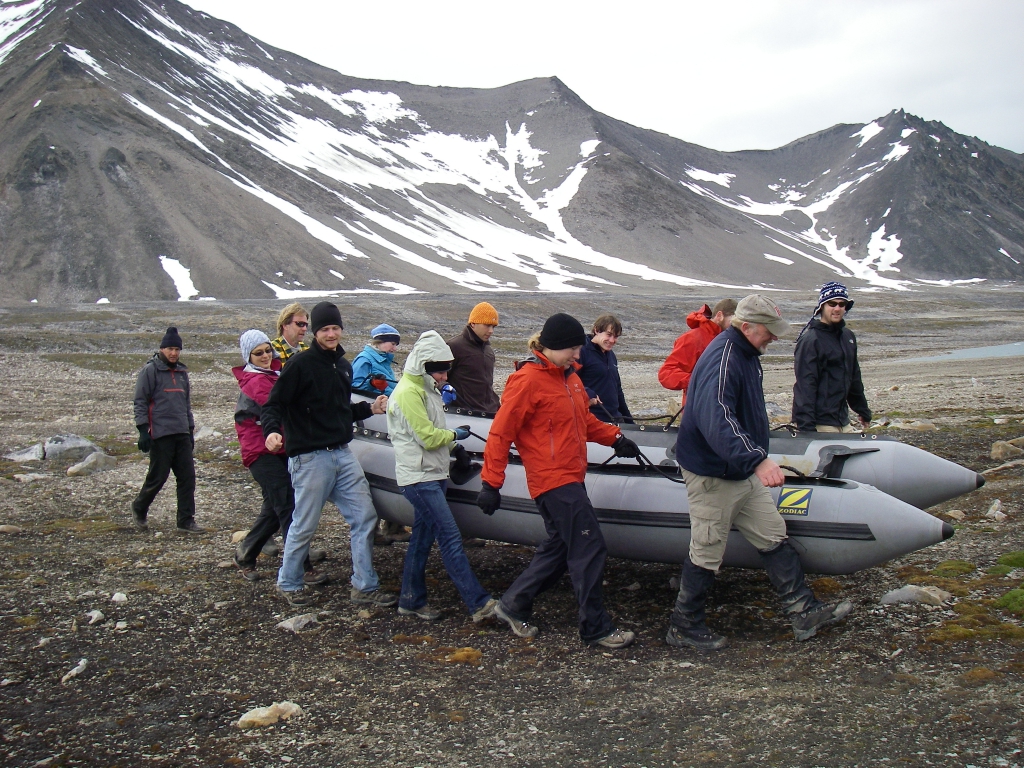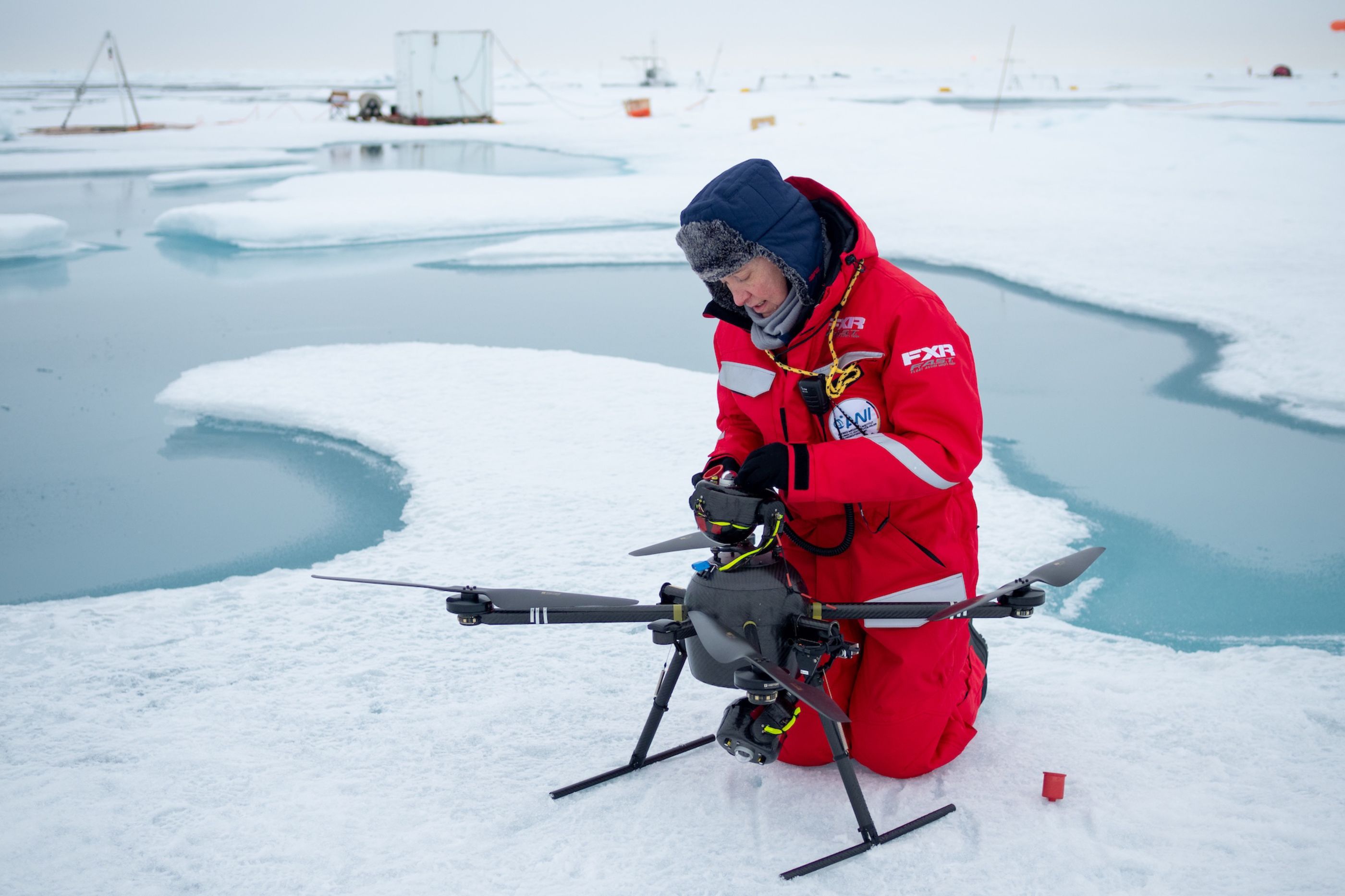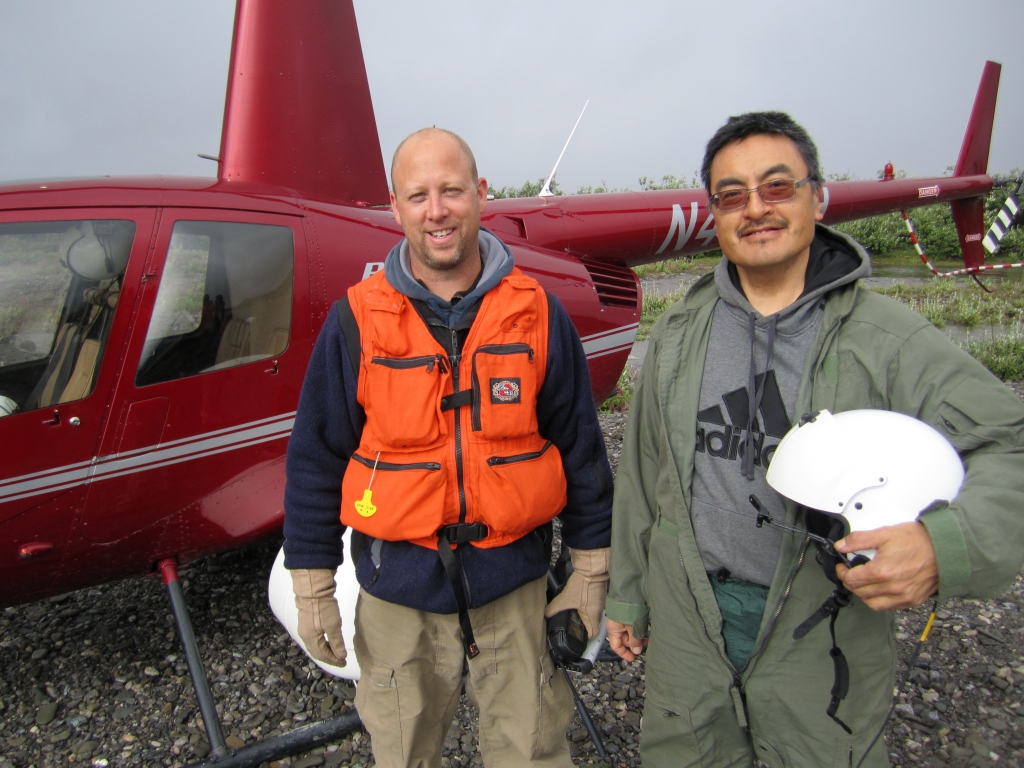
US AON can make progress through its own resources, but much more can be achieved through engaging with the broader community on their proposed and funded efforts.
We take a holistic view of partnerships - working across Indigenous organizations, agencies, and academic researchers to develop a shared understanding of what is needed within Arctic observing.
We believe that effective and sustainable networks are built around solutions that serve a broad range of societal needs. US AON seeks to build steady partnerships and active engagement with groups and organizations across all relevant sectors.
If you are interested in partnering with US AON, please reach out to our team.

Improving Observation Practices and Partnerships
Click to learn more
Robust communities of practice and ethical collaborations underpin the success and sustainment of observational networks and data systems.
US AON created an Expert Committee on Methods to bring together individuals with a broad range of expertise (e.g., Indigenous research principles, data product development, or social science methods) to inform US AON’s research methods, technology development, and user engagement. Beyond improving US AON’s methods and tools, the group has built stronger professional and interpersonal relationships.
Supporting a Research Networking Activity
Click to learn more
US AON and the IARPC observations team fostered the development of a major Research Networking Activity for Sustained Coordinated Observations of Arctic Change (CoObs RNA) to develop AON strategies through a food security lens. The project draws on different assessment, modeling, and observing system design approaches to lay the foundation for coordinated observations in support of food security. Alaskan Indigenous scholars are active participants in the work.

Hosting Robust and Cross-Cutting Dialogue
Click to learn more
Better communication between observers in different fields, between Indigenous observers and western scientists, and between observers, modelers, and decision-makers, can significantly improve the quality of the observing system and its usefulness to communities, scientists, and other stakeholders.
US AON aims to support better communication by convening interactive conference sessions, supporting learning & training opportunities, facilitating collaborative assessments of observing and data systems, and hosting regular gatherings of the IARPC Observations Community of Practice and US AON Board.
In one example of community-building work, US AON sponsored a training with Kawerak, Inc. in which US AON leadership and partners learned more about Arctic Indigenous history and co-production of knowledge.